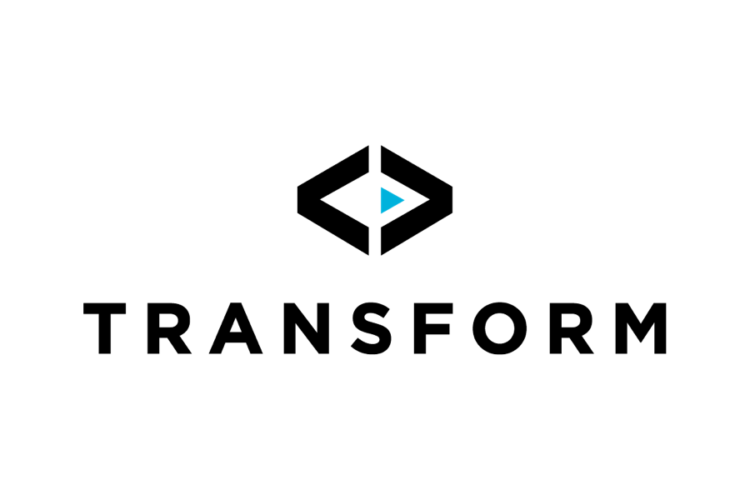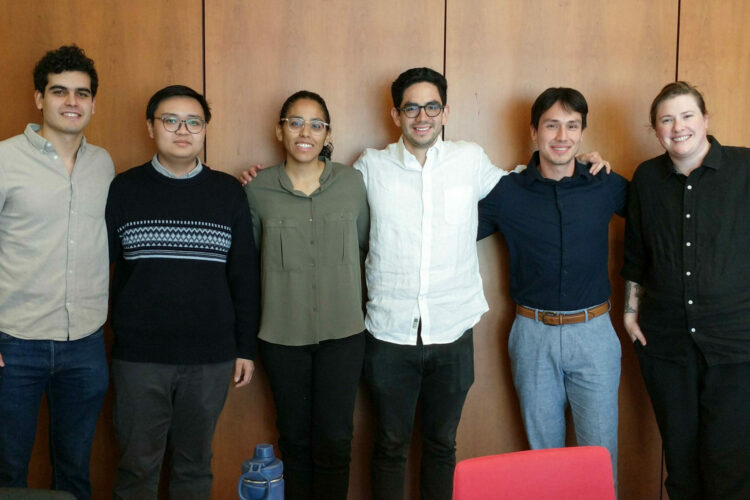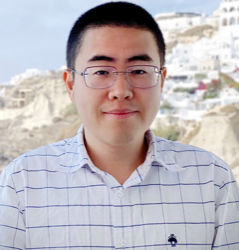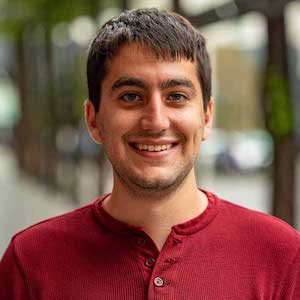Community Data Fellows Create Data Solutions for Nonprofits
After an intensive summer of data preparation, analysis, client meetings, and group discussions, graduate students in the Community Data Fellows program concluded 11 different data science projects tailored for an eclectic group of community-centric organizations. “Witnessing the development of the projects in a short period, and their potential to create impactful solutions for our community partners has been remarkable,” shared Kayecee Palisoc (MSCAPP ‘24), reflecting on her experience as a Fellow.
For the 8 week project sprint, Fellows were paired directly with different nonprofits and empowered to lead social impact data science projects, creating long-term benefits for local Chicago neighborhoods and international communities.
Community-centered data science is a core principle for the Data Science Institute. “This program really creates a mutually-beneficial opportunity for nonprofits,” said Ari Zickau, Community Data Fellows Program Manager. “Graduate students gain valuable real-world data project experience, and organizations receive long-term data solutions customized to their needs and the communities they serve.”
The Community Data Fellows program was originally launched as a pilot program in Winter 2022. Shortly after a successful first quarter, the program was expanded in Spring 2023 through grant funding by the Public Interest Technology University Network (PIT-UN), a partnership of universities dedicated to combining public policy and digital innovation for societal benefit.
As Community Data Fellows, UChicago graduate students work as data consultants. They collaborate with the organizations to identify their data science needs and goals, develop project plans, and create deliverables to help them improve their outreach and impact.
“The Community Data Fellows program has been extremely helpful in helping PLAN4SUCCESS organize its stakeholder membership, which started with 8 students and has grown to over 1,000 participants. The CDF team has been instrumental in the process of transitioning from an Excel spreadsheet to a CRM system for stakeholder management. I am eternally grateful because the value added to PLAN4SUCCESS will be transformational in how we serve all stakeholders going forward.”
– Nickie Brookens, Executive Director at PLAN4SUCCESS
For the Summer 2023 Quarter, twelve enthusiastic graduate students from a variety of programs and backgrounds worked together on community-centered projects in six main social focus areas.
Agriculture
Using natural language processing, Varun Mohan (MPCS ‘24) built a database for GRAIN that collected and tracked news items regarding carbon farming land deals. Carbon farming is an innovative farming method that increases carbon sequestration within soil, preventing it from being released into the atmosphere as CO2. In a slightly different project, Josemaria Macedo (MSCAPP ‘24) worked with the Oakland Institute, analyzing agricultural export data from Ukraine– one of the world’s largest grain suppliers. He cleaned and aggregated data in order to identify companies involved in the Ukrainian agricultural supply chain. Varun and Josemaria also worked with Community Data Fellow Sai Krishna Jasti (MSADS ‘23) on a project for mBio; together, they trained a language model to detect and analyze sentiments about specific genetically-modified crops in African news media.
Climate
Sai also completed a comprehensive project for the U.S. based organization Climate Cabinet, creating interactive maps of rural cooperatives, municipal utilities, and public power plants. These maps can be used to identify clean energy projects, promote clean energy initiatives, and facilitate equitable community development. In a similar climate-focused project, Ming-Chieh (Eddie) Liu (MPCS ‘23) collaborated with Greenwave, a global network of regenerative ocean farmers. Greenwave provides direct payments to kelp farmers to foster ocean and climate restoration. Eddie developed a machine-learning model to predict weights of kelp from photos, so that Greenwave can accurately evaluate sustainable kelp production and pay sea farmers for their cultivation.
Education
Diamon Dunlap (MSCAPP ‘24) and Qingyi He (MPP ‘23) embarked on an ambitious project with the Chicago Public Library. Using anonymized patron data and census tract maps, Diamon and Qingyi developed an interactive visualization that evaluates library branch utilization and illustrates which of Chicago Public Library’s 81 branches are underutilized by their local communities or are attracting visitors outside of their areas of impact. Diamon also worked on a project for a local Chicago education and youth mentoring organization, PLAN4SUCCESS. Diamon cleaned and prepared a large dataset of student information so that PLAN4SUCESS staff can build their organization’s capacity by utilizing a CRM database to track student success and support services, including scholarship matching.
Health
Tiger Chen (MPCS ‘23) and Soham Gurjar (MPCS ‘23) created a multi-page website for Reveal News. The interactive site is designed to compile and present statistics from OSHA’s workplace injury tracking, so that information on hazardous workplace environments is easier to locate and analyze. Focusing on an international scale, Sanya Srivastava (MPP ‘24) worked with the International Rescue Committee to prepare data for a predictive malnutrition algorithm, supporting the work of IRC’s health centers in Mali. Sanya researched and compiled multiple large datasets of correlating health information, like environmental and political factors.
Financial Inclusion
Angelica Sun (MS Statistics ‘24) and Kayecee Palisoc (MSCAPP ‘24) collaborated with the State of Illinois Commission on Equity and Inclusion on a community impact project for their Business Enterprise Program (BEP). The BEP provides certifications for businesses owned by women, minorities, and people with disabilities, creating economic opportunities for these businesses to apply for State of Illinois contracts. Kayecee and Angelica used census and Commission data to develop a series of interactive maps that visualize the density of Business Enterprise Program certified businesses in Illinois, which helps the Commission identify community areas that would benefit from more investment.
Data Infrastructure
The Data Science Institute’s Open Spatial Lab works with community partners to understand their data science needs and activate their spatial data for community and policy decision support. Community Data Fellow Qingyi He (MPP ‘23) created new tools for supporting this work by building a comprehensive library of WebComponents for visualizing and displaying data. Nonprofit organizations can learn to use these visualizations as low-cost, accessible data tool.
What’s Next
The Community Data Fellows program is building on its success and continuing over the 2023-2024 academic year. Fellows in the Autumn Quarter will be working on projects related to performing arts, internet access, education policy, and economic equity. Nonprofits and civic organizations are invited to partner with Community Data Fellows for future projects. Building mutually beneficial long-term community relationships is the heart of the Data Science Institute’s community data science programs. “We’re proud to see students apply their training in direct service of communities and supporting nonprofit organizations building their own data capacity,” said Susan Paykin, Associate Director, Community Centered Data Science and Program Lead, Open Spatial Lab.

Nūtrad, from Transform Cohort 2, featured in The Chicago Maroon

Community Data Fellow Stephania Tello Zamudio helps broaden internet access for Illinois residents

Incoming UChicago Data Science and Computer Science Associate Professor raises additional $106 million in new funding round for company, Together AI

